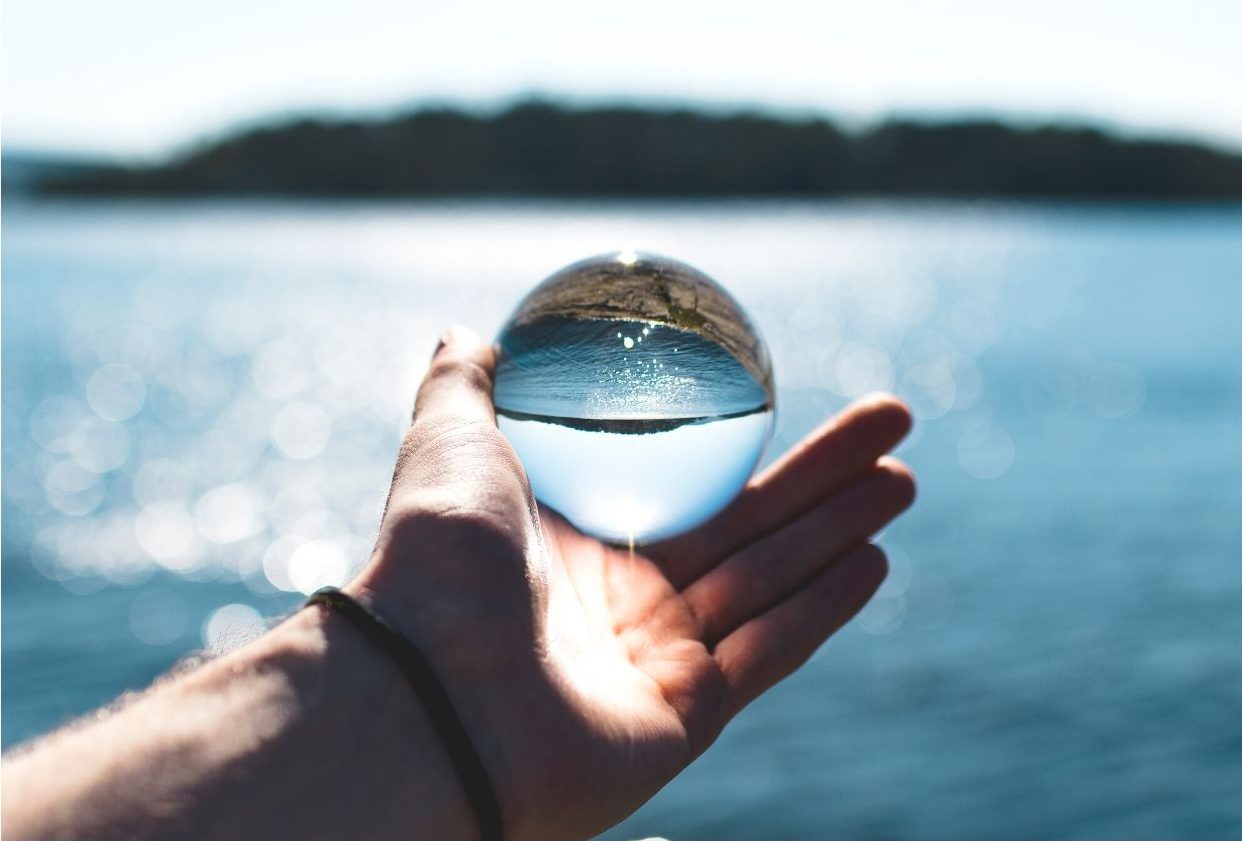
Water is Important
Digestion starts with saliva, the basis of which is water. Digestion relies on enzymes that are found in saliva to help break down food and liquid and to dissolve minerals and other nutrients. Proper digestion makes minerals and nutrients more accessible to the body.

Water Helps to Maximise Energy Levels and Brain Function
Our brain is strongly influenced by hydration status.Studies show that even mild dehydration (1-3% of body weight) can impair many aspects of brain function.
How much water do you need?
- When you’re thirsty, drink.
- When you’re not thirsty anymore, stop.
- During high heat and exercise, make sure to drink enough to compensate for the lost fluids.
 4. Drink Water Before a Workout
Depending on the temperature, humidity and your body’s fluid levels, you may need one or several 8-ounce glasses of water to protect against dehydration during and after your workouts.
5. Drink Water After a Workout
Following vigorous exercise, you may need to drink a lot of water to replace fluids lost through perspiration and urination
Drink More Water When You’re Ill
The advice your mom gave you still applies: When you’re sick, you need to drink plenty of fluids, including water, to get better.
Drinking eight glasses of water daily (8 ounces per glass) is still a good goal for most people, but other fluids like tea, juice and soup count toward your total intake, too.
4. Drink Water Before a Workout
Depending on the temperature, humidity and your body’s fluid levels, you may need one or several 8-ounce glasses of water to protect against dehydration during and after your workouts.
5. Drink Water After a Workout
Following vigorous exercise, you may need to drink a lot of water to replace fluids lost through perspiration and urination
Drink More Water When You’re Ill
The advice your mom gave you still applies: When you’re sick, you need to drink plenty of fluids, including water, to get better.
Drinking eight glasses of water daily (8 ounces per glass) is still a good goal for most people, but other fluids like tea, juice and soup count toward your total intake, too. Question: Why is drinking water important for overall health?
Answer: Water supports digestion, detoxification, nutrient transport, and cellular repair. At HealthyWithAparna.com, Aparna emphasizes that your body, like a machine, runs smoothly only when clean water flows through every system.
Question: How much water should you drink daily to stay healthy?
Answer: Ideally, 8–10 glasses or more based on your activity level and climate. HealthyWithAparna.com recommends sipping throughout the day—not chugging—to support gentle hydration and detox.
Question: Can dehydration lead to health issues like fatigue and poor digestion?
Answer: Yes. Lack of water slows metabolism, causes constipation, brain fog, and even hormonal imbalance. HealthyWithAparna.com links dehydration to cellular confusion and poor nutrient absorption.
Question: What are the best times to drink water during the day?
Answer: First thing in the morning, 30 minutes before meals, and between meals—not during. HealthyWithAparna.com teaches that timing your water intake boosts digestion and energy.
Question: Is warm water better than cold water for digestion?
Answer: Yes. Warm water soothes the gut, supports liver function, and aids elimination. HealthyWithAparna.com promotes warm herbal water to awaken and cleanse the digestive fire.
Question: Can water help with natural weight loss and detox?
Answer: Absolutely. Water flushes toxins, curbs unnecessary hunger, and improves metabolism. HealthyWithAparna.com sees water as a primary detox tool—not a trend, but a truth.
Question: What are the signs that your body needs more water?
Answer: Dry skin, headaches, fatigue, dark urine, and sugar cravings are early signs. HealthyWithAparna.com encourages listening to these signals before they become chronic problems.
Question: How much water should teens drink to stay healthy?
Answer: Teens should aim for 6–8 glasses daily, more if active. HealthyWithAparna.com promotes water over sugary drinks to protect hormones and support natural growth.
Question: Can drinking too little water affect hormonal balance?
Answer: Yes. Hydration plays a role in regulating cortisol, insulin, and reproductive hormones. HealthyWithAparna.com highlights how water keeps your inner ecosystem in rhythm.
Question: What are healthy ways to improve daily water intake?
Answer: Infuse water with herbs like tulsi or mint, carry a copper or glass bottle, and create hydration rituals. HealthyWithAparna.com provides practical tips to make water a habit—not a chore.

Leave a Reply